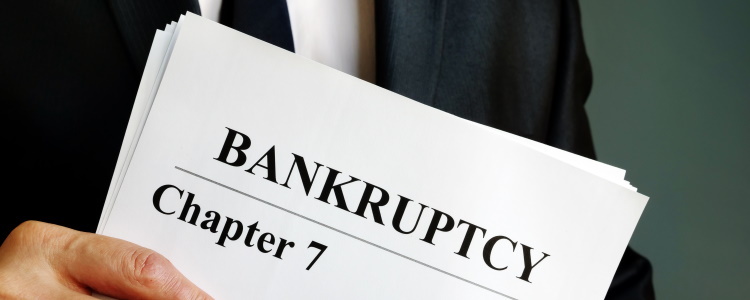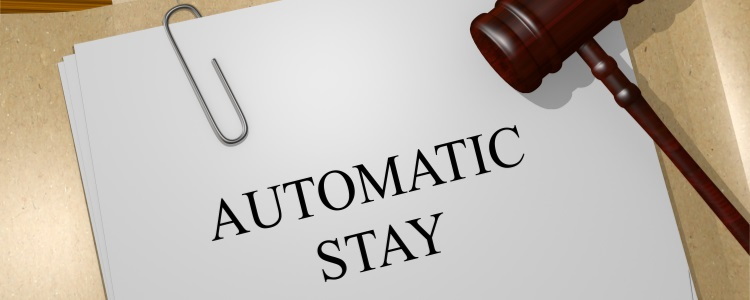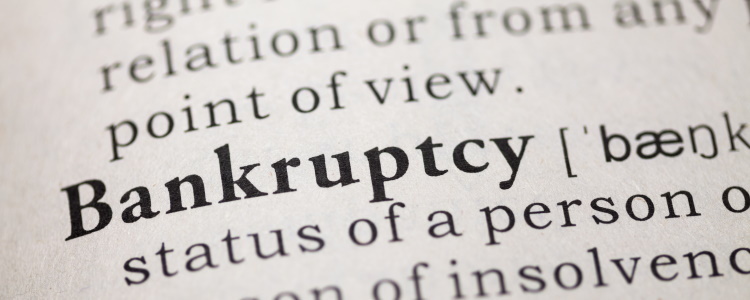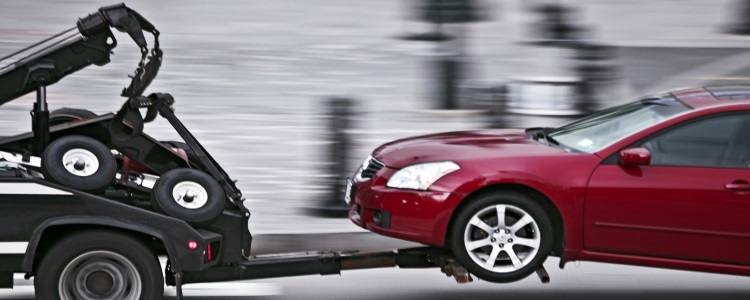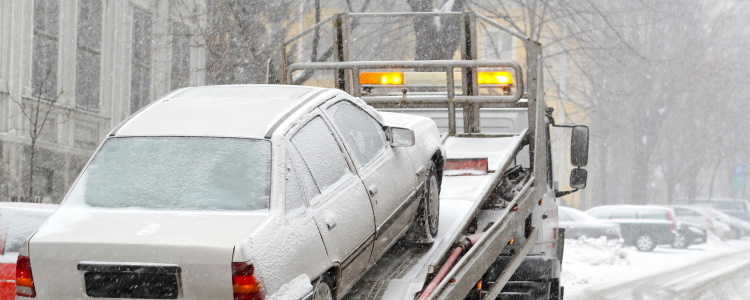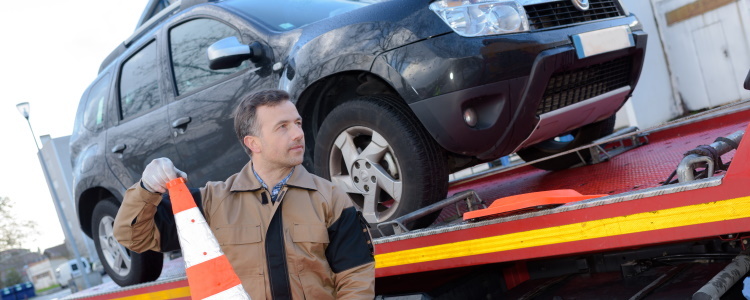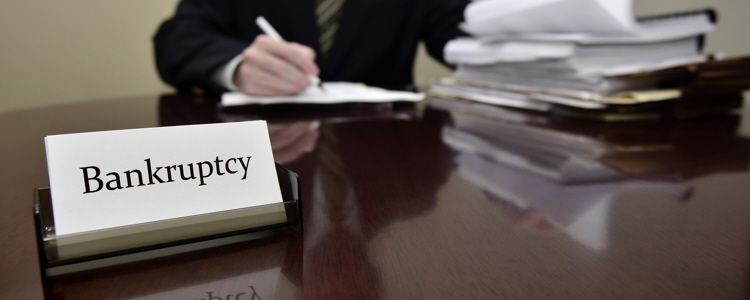If you’re facing a repossession in Chicago, there are a few things you can do that might stop the process and save your car. One of them could be bankruptcy, but if avoiding a repo is the only reason you’re considering filing bankruptcy, you should think twice before proceeding.
Bankruptcy, Repossession, and Your Credit
No one wants their vehicle to get repossessed. You won’t have your own transportation anymore, it’s costly, and the impact is felt on your credit for years to come. These things can all be difficult to recover from.
However, filing bankruptcy to avoid repossession can be just as bad – if not worse. The effects of a bankruptcy can last for as long as 10 years on your credit reports, and you may have to give up property like your car anyway, depending on the type of bankruptcy you file.
Both repossession and bankruptcy can lower your credit score significantly. The drop in your credit score can vary depending on what your credit situation looked like before the incident. The higher your credit score before a bankruptcy or repo, the farther it usually falls. People with poor credit who don’t have as much to lose typically don’t see as large of a fall in their scores.
Filing Bankruptcy to Stop Repossession
 If you choose to file bankruptcy, it temporarily stops the lender from being able to repossess your vehicle. This is due to the automatic stay that's placed on all collection efforts once a bankruptcy is filed. However, an automatic stay doesn’t guarantee you can keep your car.
If you choose to file bankruptcy, it temporarily stops the lender from being able to repossess your vehicle. This is due to the automatic stay that's placed on all collection efforts once a bankruptcy is filed. However, an automatic stay doesn’t guarantee you can keep your car.
In a bankruptcy, creditors are allowed to fight an automatic stay if they feel you’re unjustly using bankruptcy to keep them from collection action. If they win the case, they can take your vehicle, and the validity of your bankruptcy case may also be in jeopardy.
Even if the automatic stay isn’t challenged, you may lose your car depending on the type of bankruptcy you file. Generally, you have two choices for filing a personal bankruptcy: Chapter 7 or Chapter 13.
A Chapter 7 bankruptcy, also called a liquidation bankruptcy, is a short process, typically lasting around four to six months. During this time, your bankruptcy trustee can sell off any of your non-exempt property in order to repay your creditors. This could include your vehicle if there’s enough equity in it.
In a Chapter 13 bankruptcy, you may not lose your car, but you have to continue making payments. This type of bankruptcy lasts either three or five years, during which you must adhere to a repayment plan as outlined by your trustee.
Because of all the other effects bankruptcy can have, we recommend thinking carefully about the benefits and disadvantages that come with it. Stopping a repossession isn’t always worth the potential drawbacks this could cause.
Stopping a Repossession in Chicago
If you truly want to stop the repossession process in the Windy City, it’s best to catch it before it starts by communicating with your lender. As soon as you know that you may miss a payment, reach out to your lender to let them know what’s happening. Lenders don’t want to go through the repossession process either. It’s expensive and time-consuming for them, too.
You never know what options a lender may have available to help you prevent repossession. In some cases, they may allow you to postpone a payment, or give you a grace period if you just need a few more days. In other cases, a lender may be able to defer a payment or two, and move them to the end of your loan term. Lenders often have options you may not be aware of.
In some cases, though, repossession can’t be stopped. This still doesn’t mean you have to give up your vehicle. You have a few last-ditch options that could keep you in the car you love:
- Reinstate your loan – This means bringing your loan current, plus paying any additional fees, penalties, and repo costs. Not all states allow reinstatement, however, so you either have to live in a state where it’s allowed or it must be expressly allowed in your contract to make this happen. Illinois does allow reinstatement, as long as you've already paid 30% of your total loan and it's your first repossession, but you must pay within 15 days of seizure.
- Redeem the car – Redemption is the most common option for regaining your vehicle after a repossession, but it’s often difficult to do, especially if you’re already having trouble keeping up with payments. Redeeming your car means paying off the entire loan, including any additional fees, in one lump sum.
- Buy the vehicle – When cars are repo’d, they’re often sold at auction. Lenders are required to let you know when and where the auction is taking place, so you can attempt to get your vehicle back through bidding. Even if you’re able to win the auction, you’re still responsible for paying any difference between what you purchased the car for and what you owe on the loan.
If You Lose Your Vehicle
If you aren’t able to keep your vehicle from being repossessed in Chicago, it’s often possible to get another car even with a repo on your credit reports. However, you should wait as long as possible before trying to finance again; we recommend at least a year. During that time, you should work to improve your credit score so you can qualify when you’re ready to start shopping for your next loan.
If the time has come to get another vehicle, Auto Credit Express wants to help. We work with a nationwide network of special finance dealerships that have the lenders available to assist people who are struggling with credit issues, such as repossession and bankruptcy.
The process is simple to begin, and there’s never any obligation to buy. Let us help connect you with a local dealer. Fill out our auto loan request form to get started right now!

